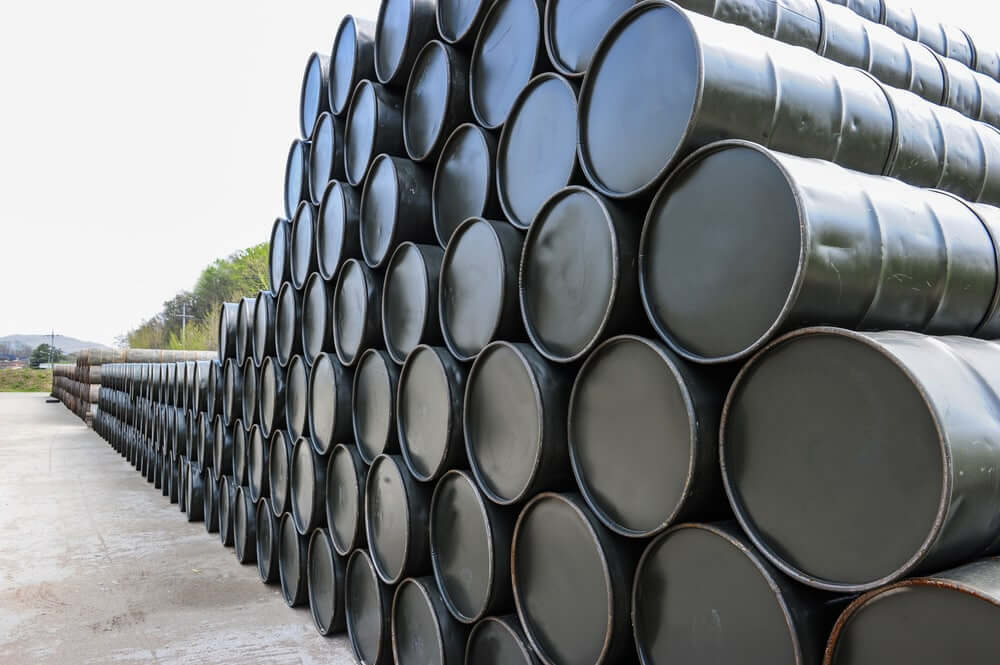On Thursday, crude oil prices increased due to more robust energy demands in China as it reopens from post-COVID restraints.
At the time of writing, the West Texas Intermediate futures for March delivery increased by 0.04% to $78.50 per barrel. Likewise, Brent crude contract for April distribution progressed by 0.12% to $85.19 a barrel in the Asian afternoon session.
On Monday, prices carried over when Saudi Aramco unexpectedly raised the Arab Light grade oil in Asia. The cost growth was $0.20 per barrel, the first hike for petroleum grade since September.
According to analysts, Chinese crude demands heightened as their economy reopened, which is bullish news for the commodity. Also, the country’s imports jumped to 15.50 million barrels per day from 14.50 million in late November.
Furthermore, experts predicted that the Asian nation’s consumption would climb above 1.00 million bpd in the Q4 of 2023.
Meanwhile, US inventories have continued to grow, exceeding expectations. For some, it wastes the bullish news of China’s demand recovery. Its stocks grew to the highest level since June 2021 as higher production made contributions.
Overall, the travel demands in Beijing should push the global demand by 2.10 million bpd this year.
Last Wednesday, experts recommended keeping crude oil production steady as the market waits for the assurance of demand from China.
Russian Crude Ban may cause Supply Shortage
On Tuesday, the European Commission introduced a price cap for energy products like crude oil from Russia. Analysts believe that the union’s restriction of these fuels could lead to an imbalance or shortage in the world market.
According to Deputy Prime Minister Alexander Novak, Europe will face a supply shortage without petroleum products from Moscow. He added there might be a decrease in investment within that industry if decisions like the embargo guides the EU.
Also, Novak said European consumers would be bound to have price hikes and significant shortages without the Russian crude. Besides, he mocked EU politicians for their lack of consistency and logic in their decisions.










